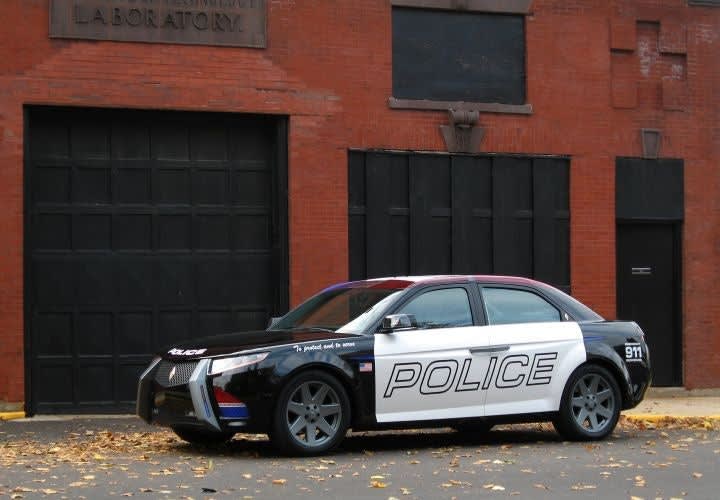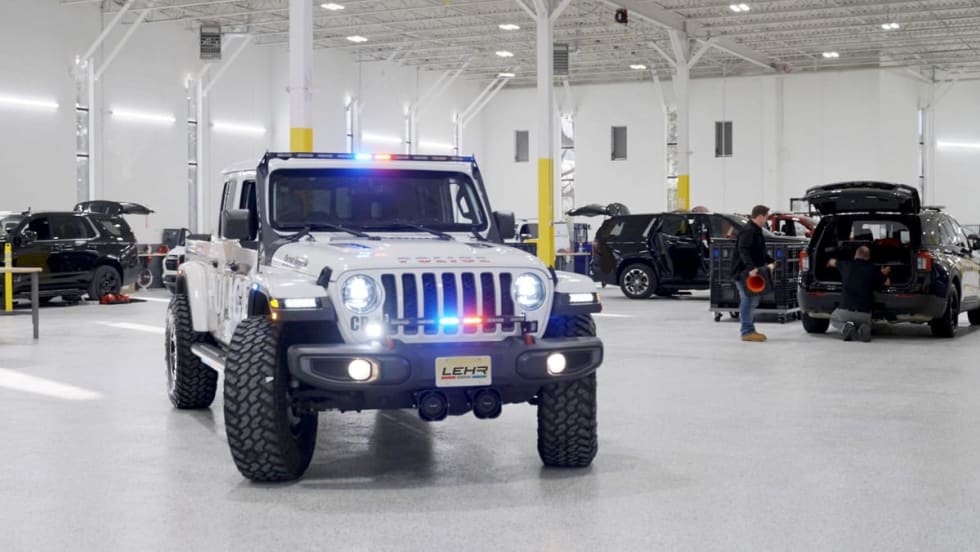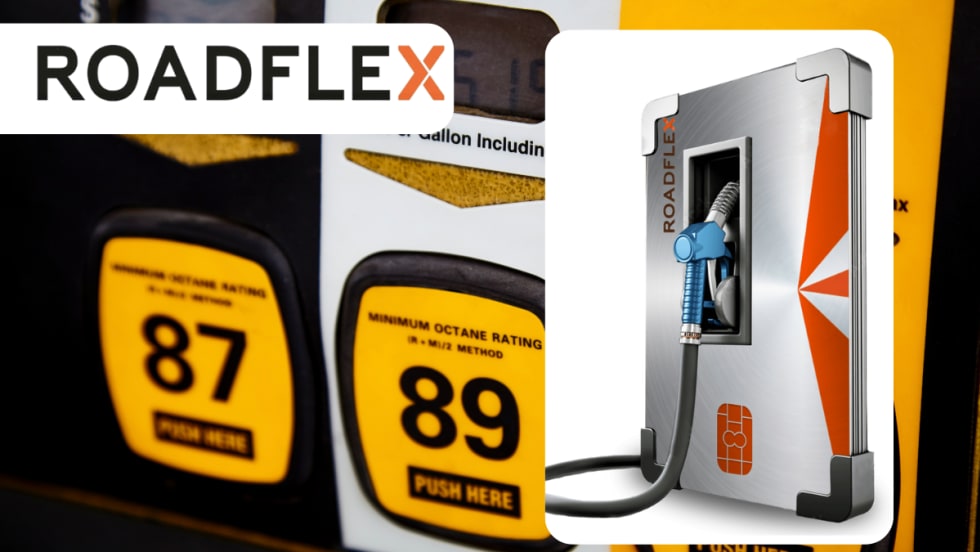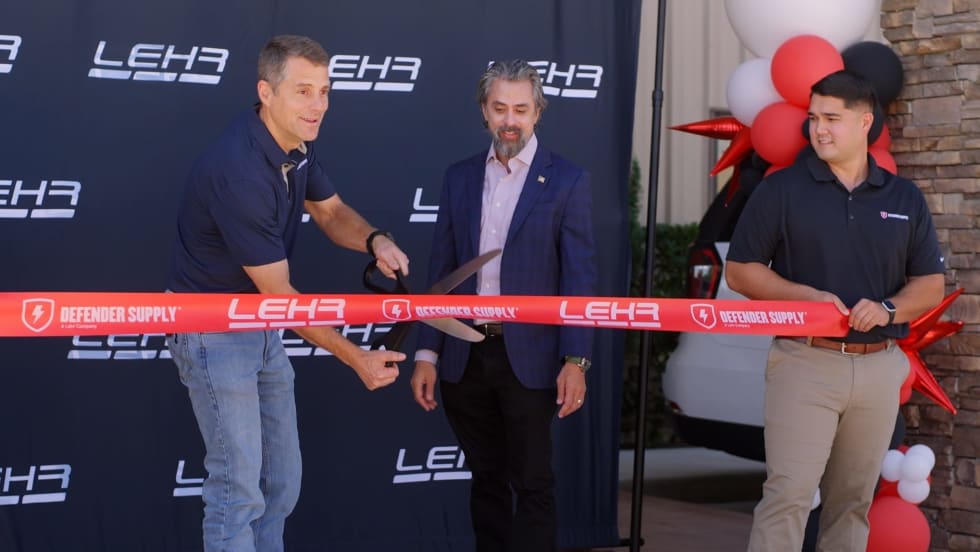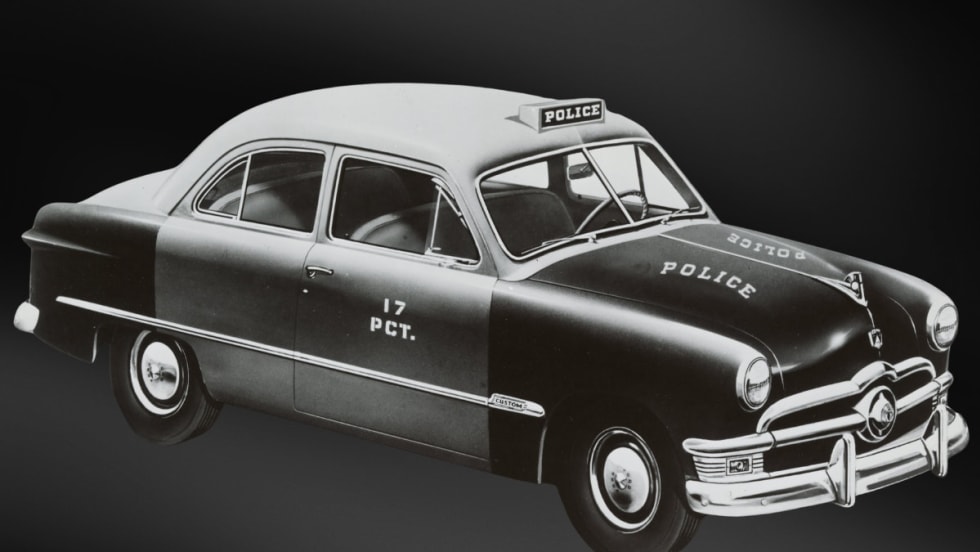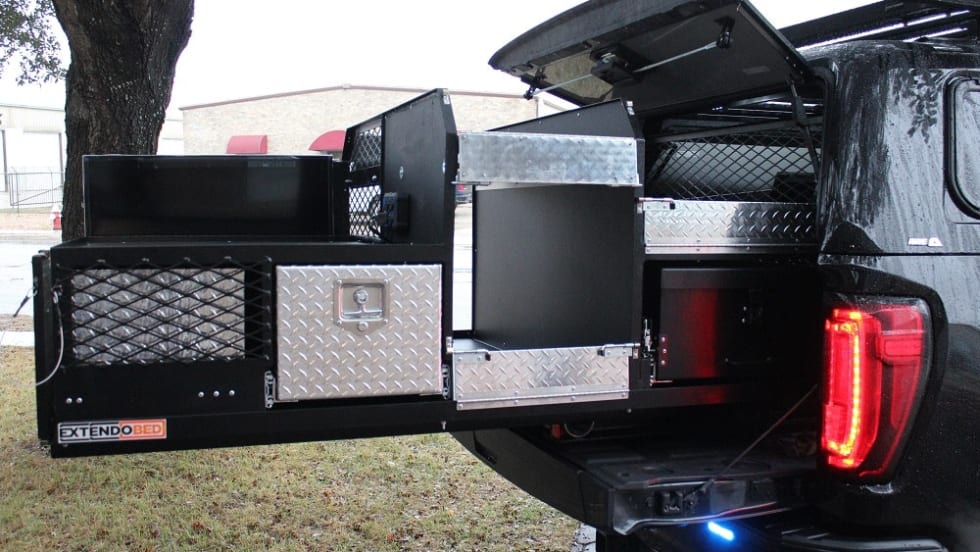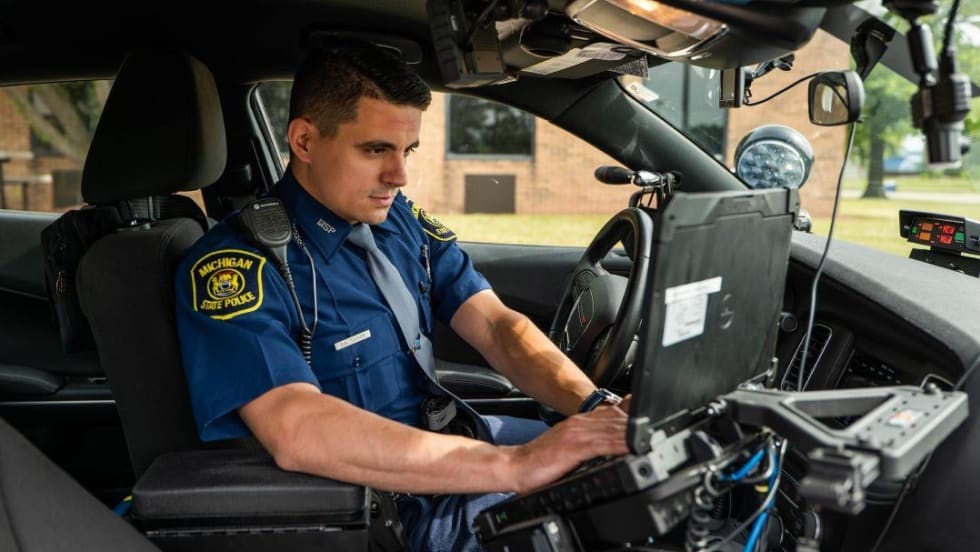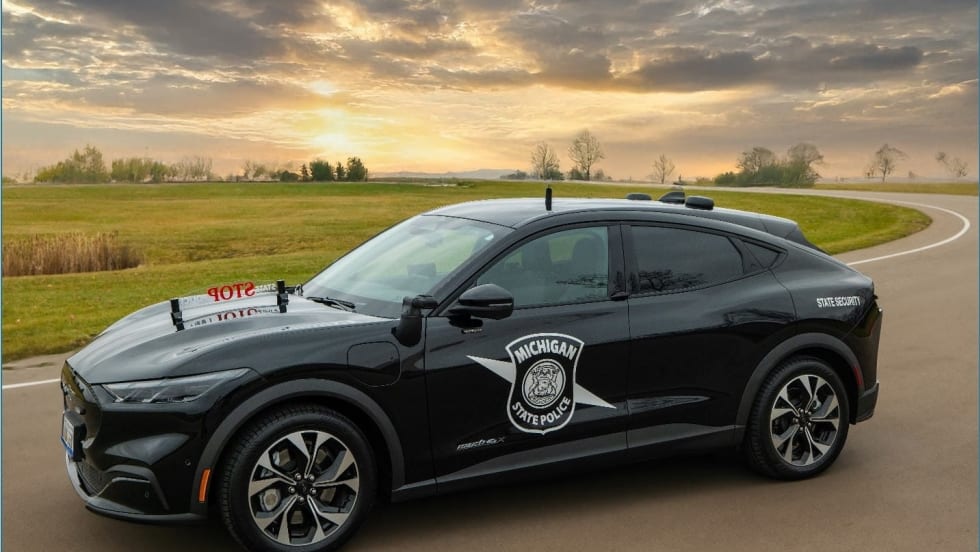The BMW Group will supply 240,000 clean-diesel engines to Carbon Motors Corp. for the E7 patrol car under a partnership announced Monday in Washington D.C.
The 3.0-liter, 6-cylinder engines will arrive with cooling and exhaust gas systems and automatic transmissions, according to the two companies who made the joint announcement outside of the 2010 Government and Security/U.S. Law Conference and Exposition.
"America's largest, and most visible fleets of government-owned vehicles, now in excess of 450,000 units, deserve the most durable, efficient and reliable powertrain available," said William Li, Carbon Motors' chairman and chief executive officer, in a statement. "The strength of BMW as a partner will allow us to provide our women and men in uniform with a diesel engine capable of the performance they desire along with the significant reduction in fuel consumption and emissions that U.S. taxpayers need."
It is estimated that U.S. law enforcement fleets consume an estimated 1.5 billion gallons of gasoline and emit an estimated 14 million tons of carbon dioxide annually. The E7 is expected to reduce carbon-dioxide output by 40% using clean-diesel technology, according to Carbon Motors.
While there are several E7 prototypes with functional BMW engines, the agreement is largely contingent on Carbon Motors securing a $310 million loan from the Energy Department.
"We are delighted to support Carbon Motors Corp. with our engine expertise," said Ian Robertson, member of the Board of Management of BMW AG. "Today's agreement with Carbon Motors marks an important milestone in BMW's 35-year commitment to the U.S. market."
Senator Richard Lugar (R-IN) and Indiana's Secretary of Commerce E. Mitchell Roob, Jr. also attended the announcement. The company hopes to begin manufacturing the cars at a facility in Connorsville, Ind., in 2012. The facility would employ 1,550 workers.
"Carbon Motors has exhibited relentless and unwavering determination in its efforts to put Hoosiers back to work," Lugar said. "Today's announcement brings us one step closer to proving that America is back and is turning Indiana into the Silicon Valley of the auto industry."


